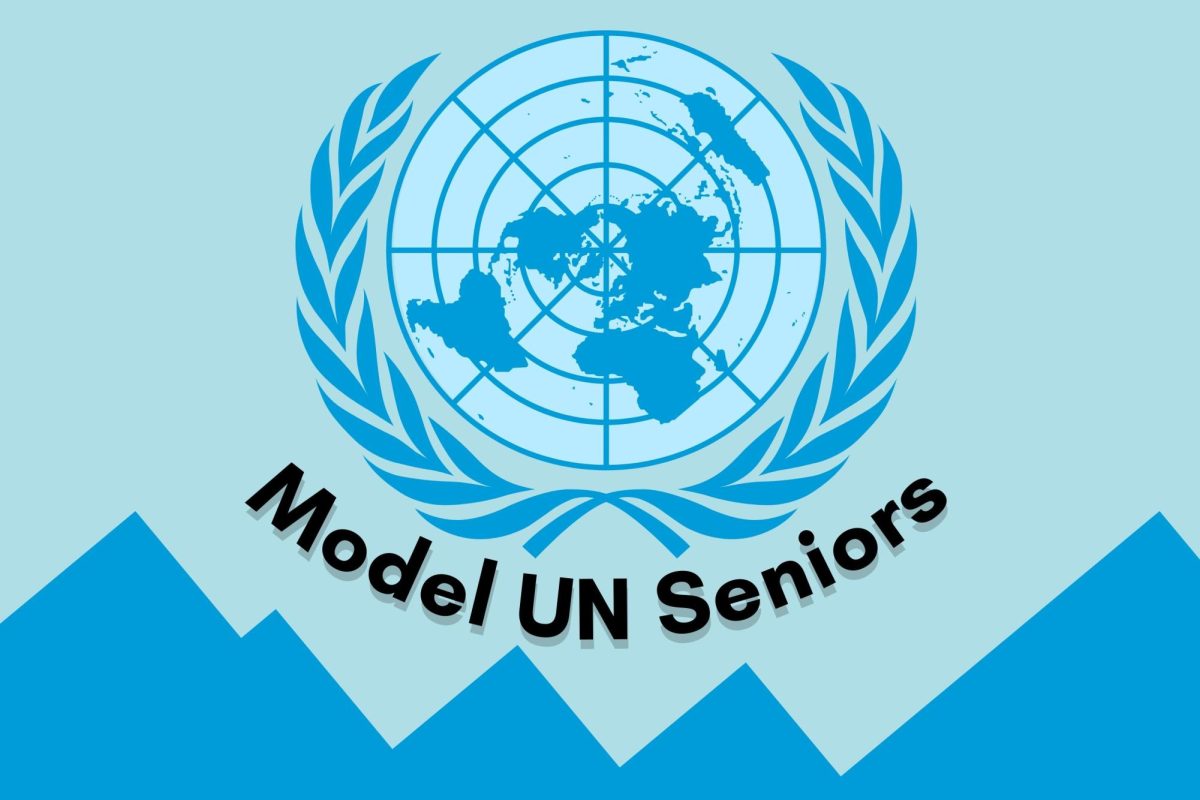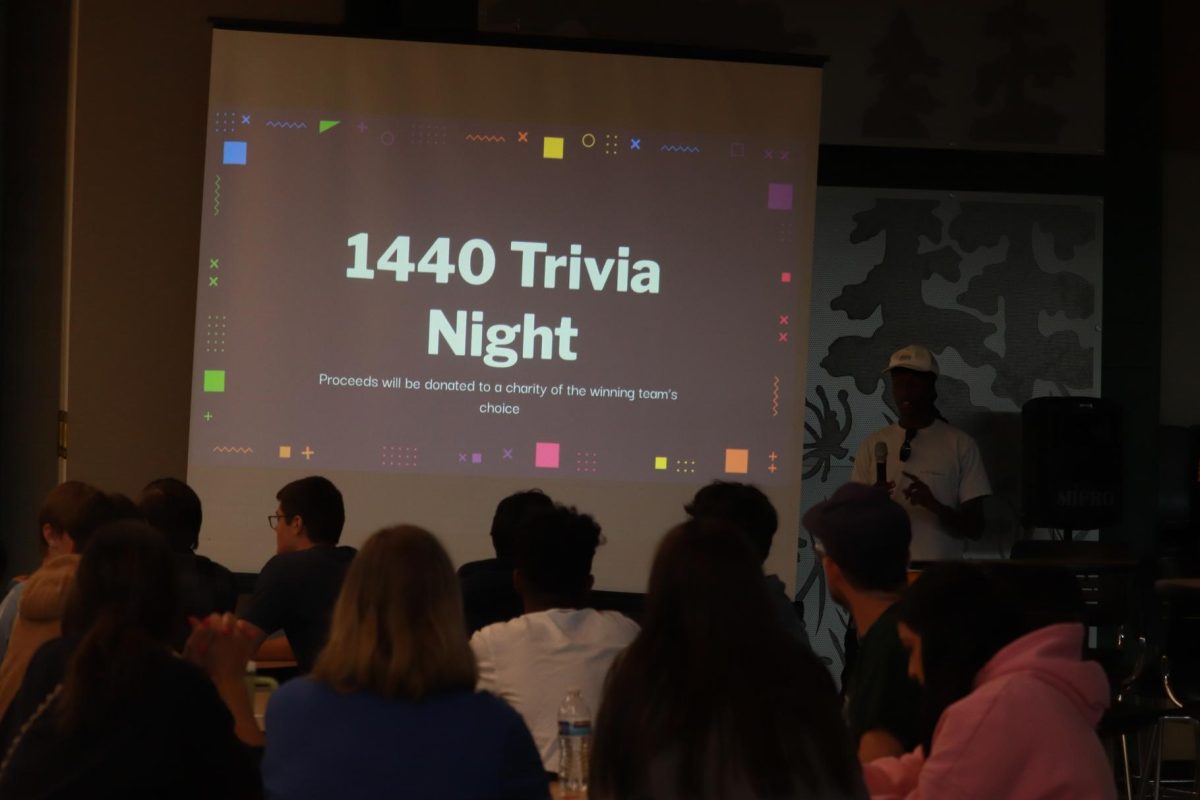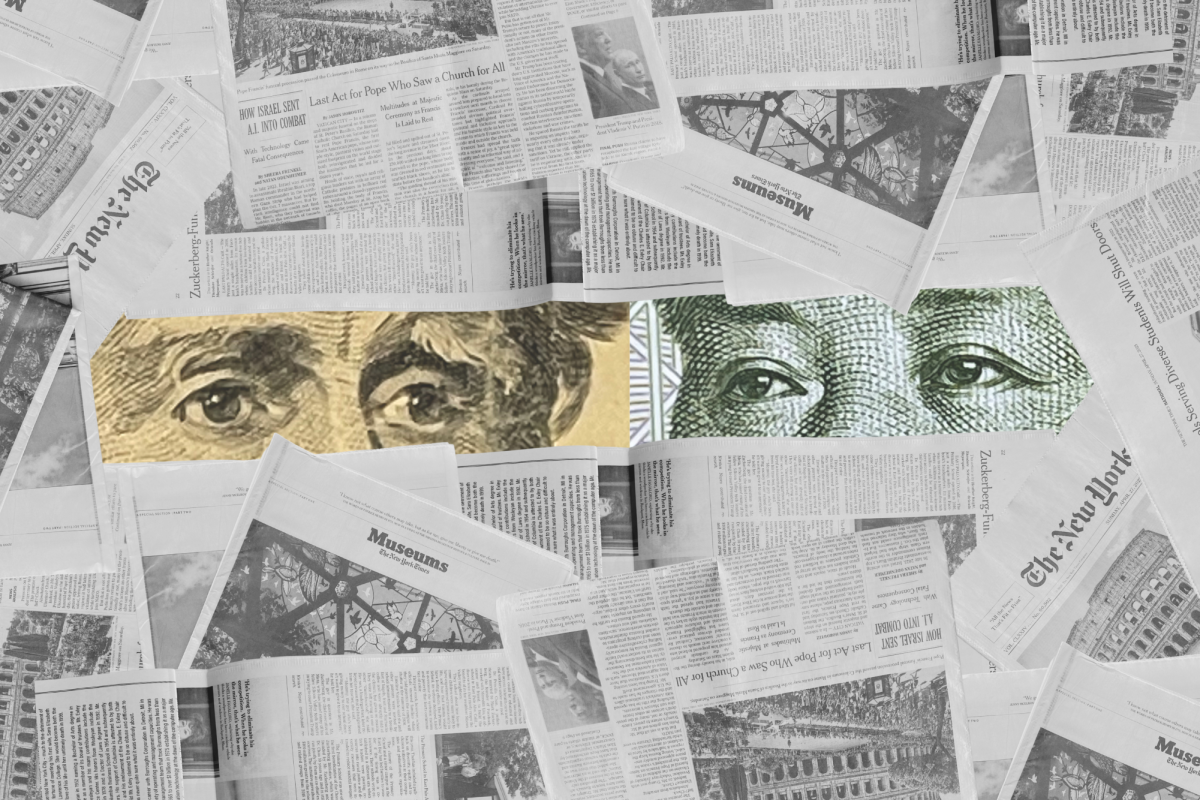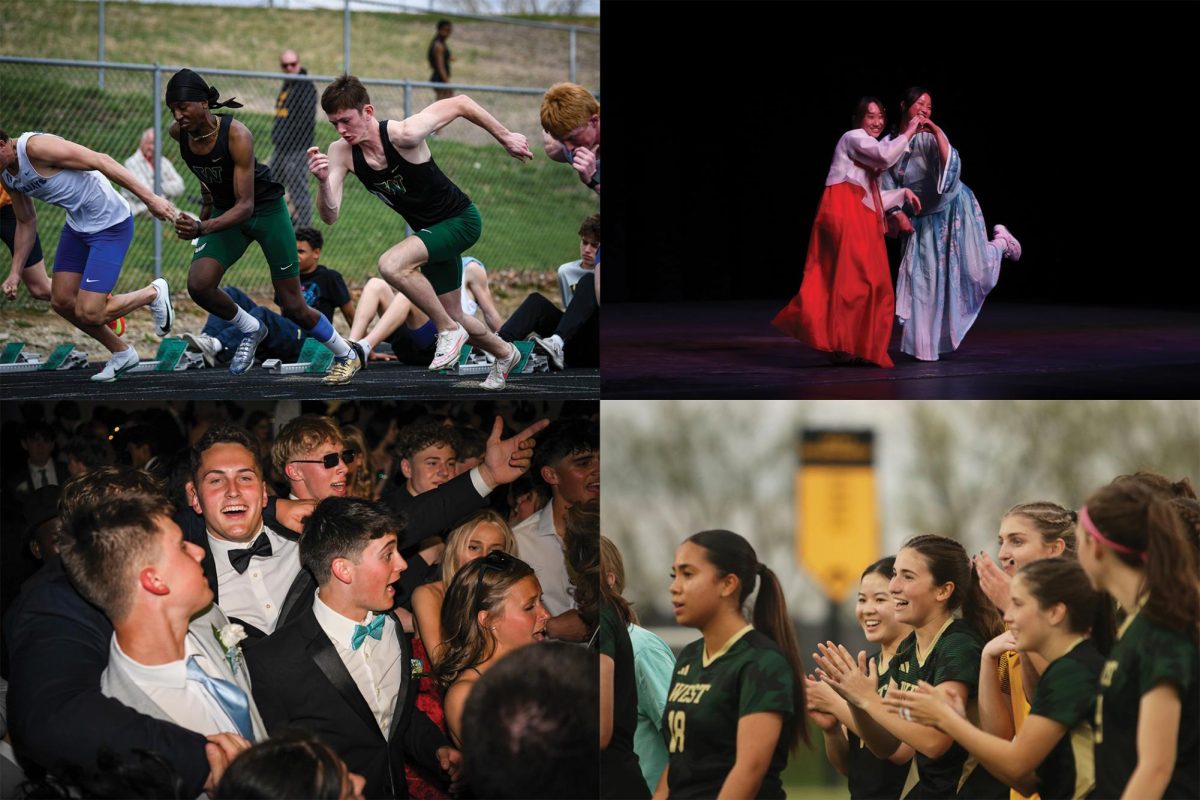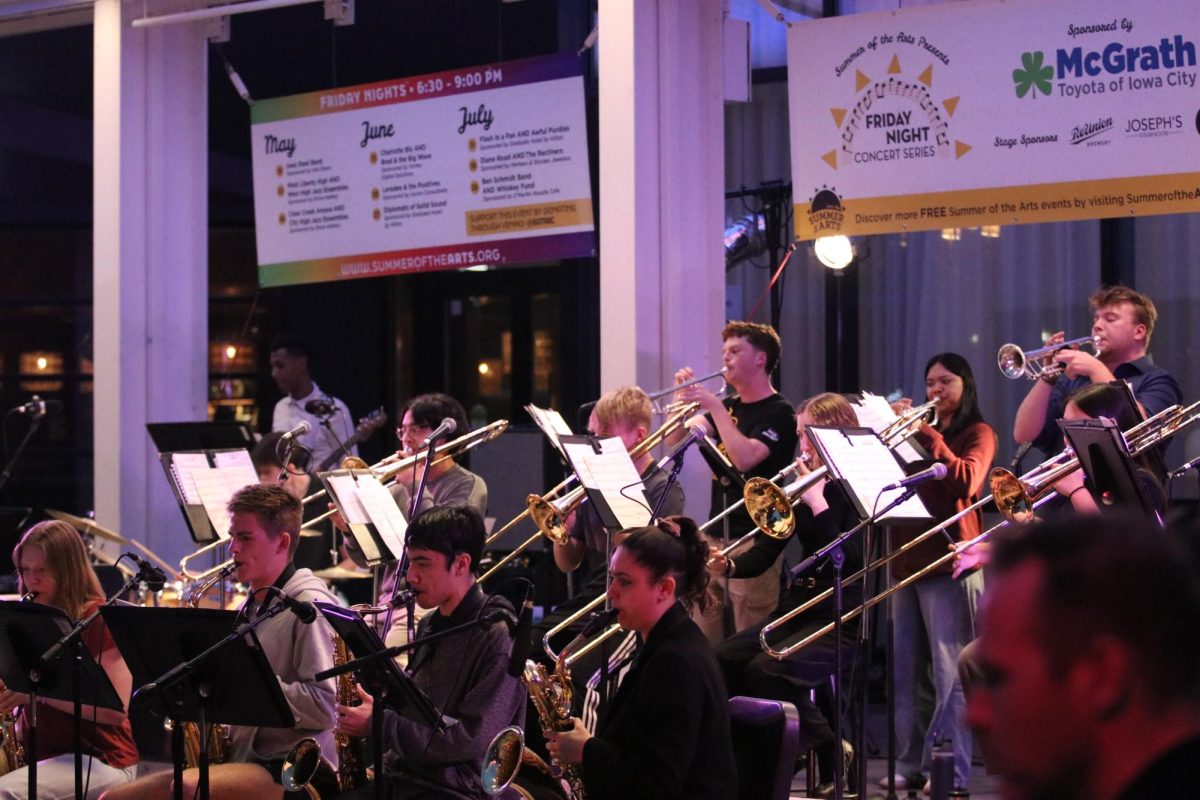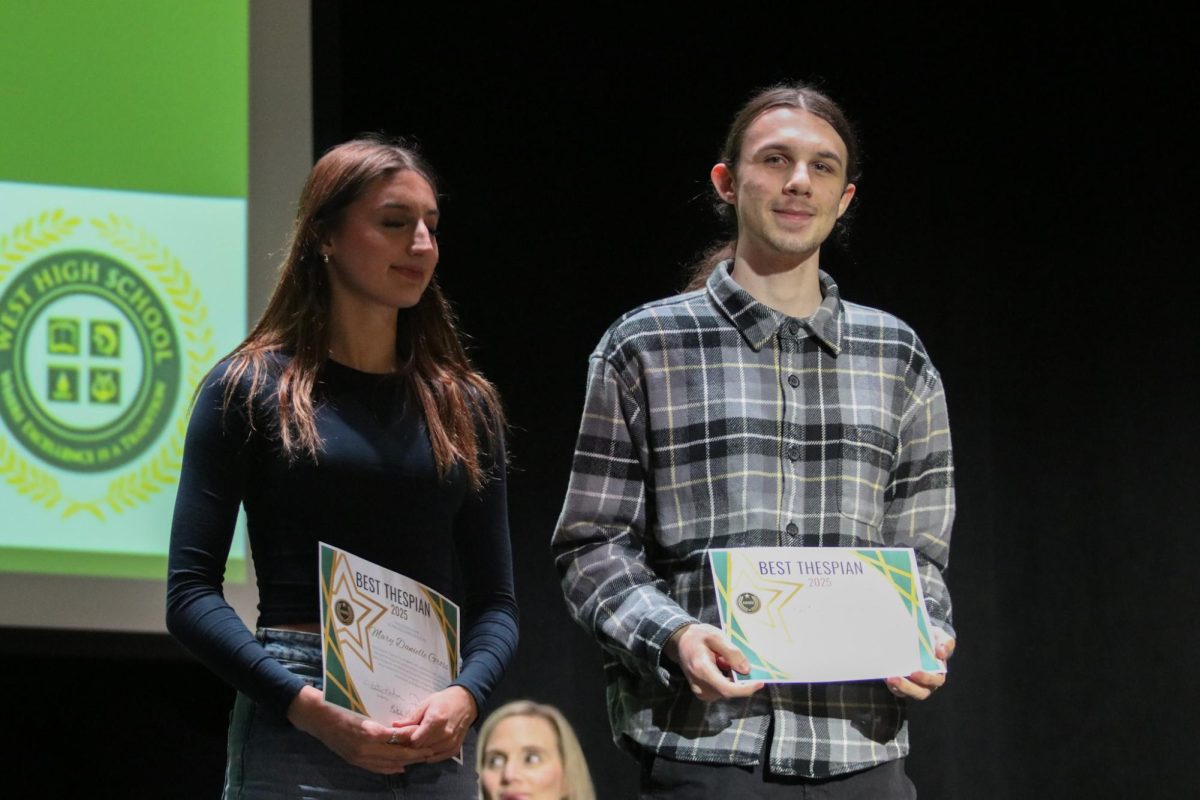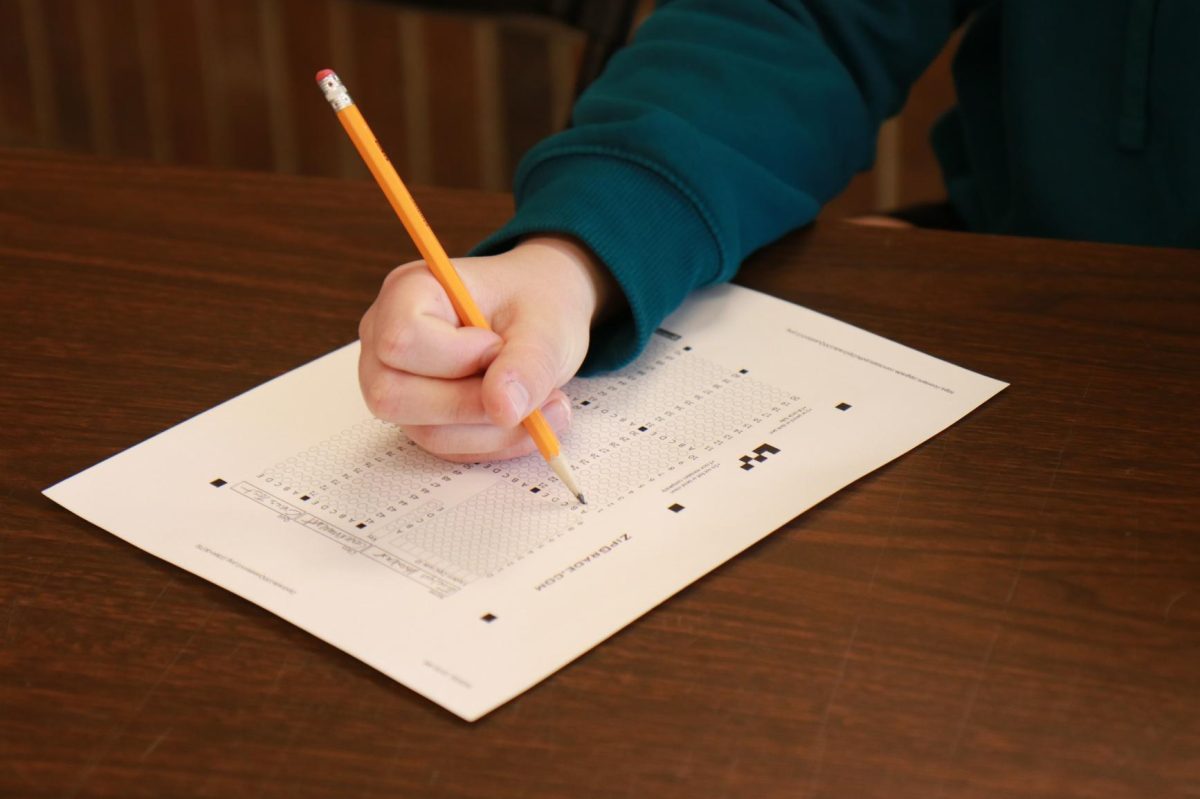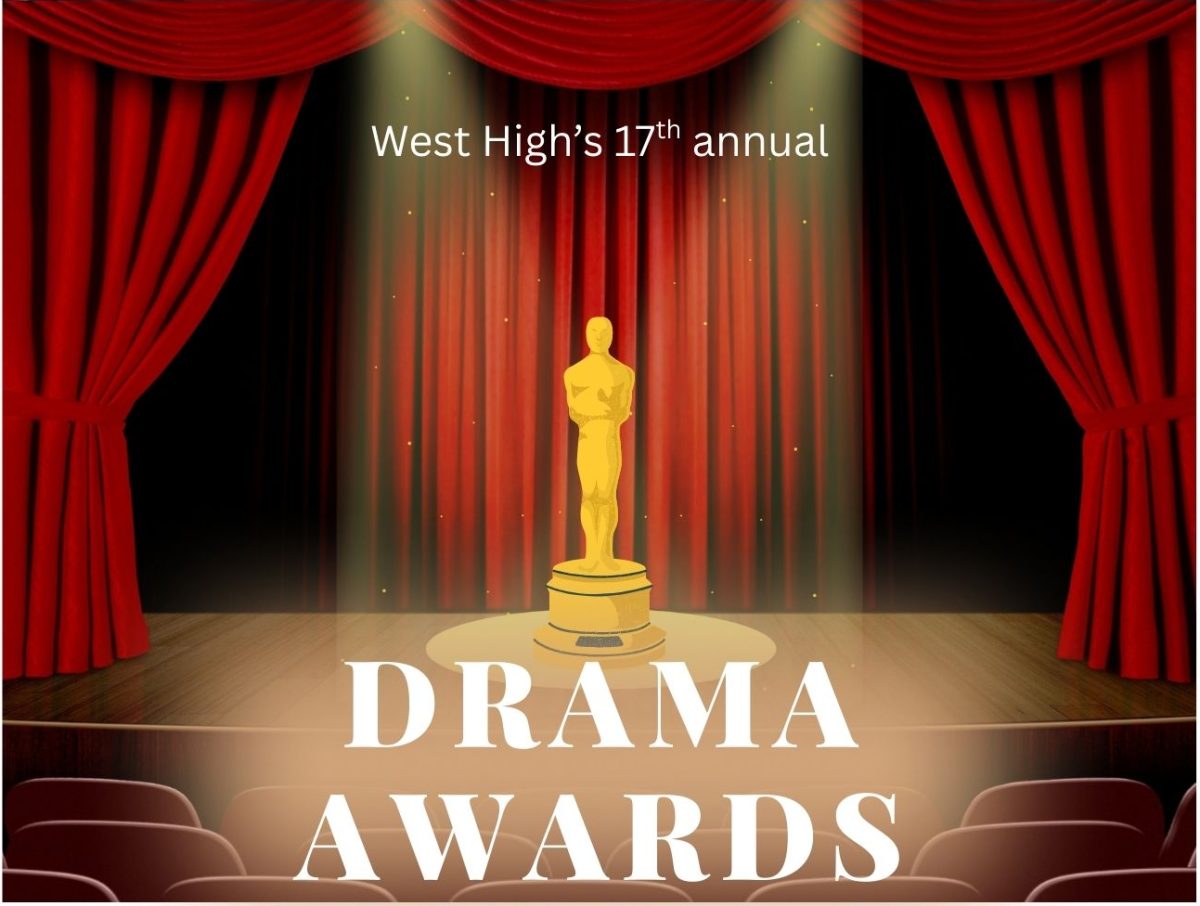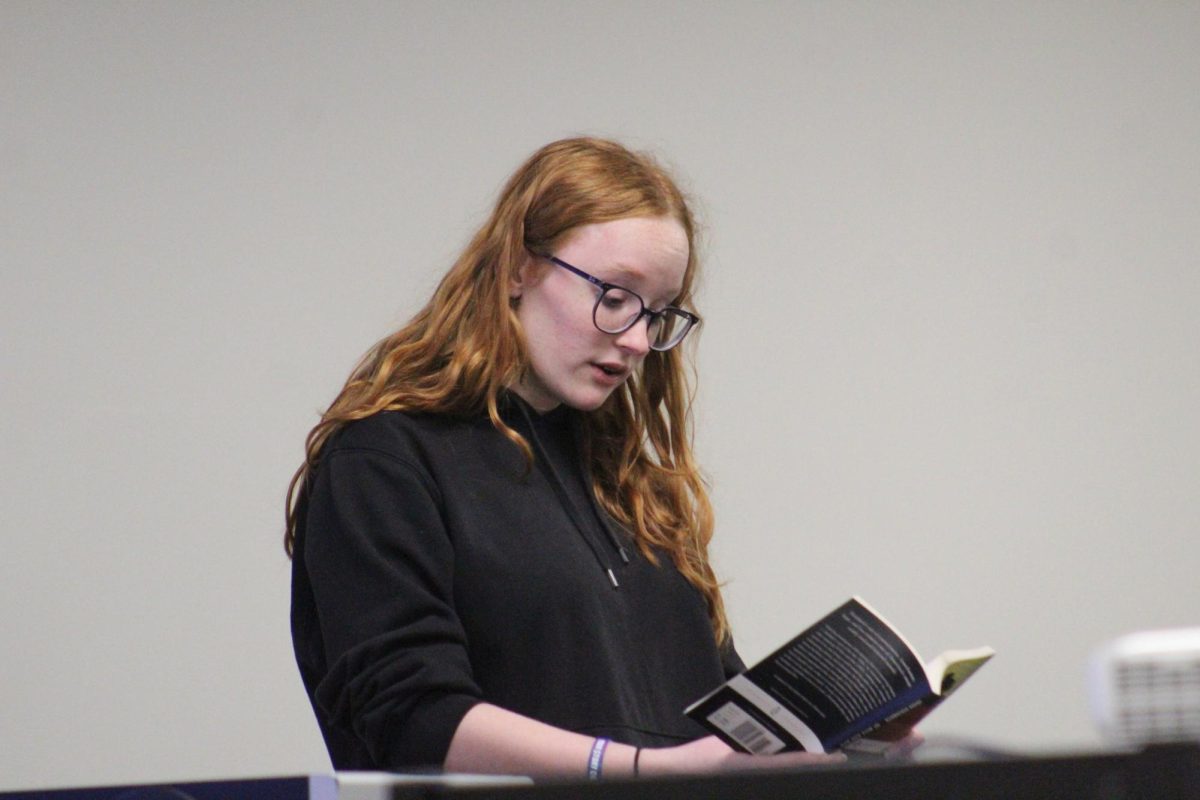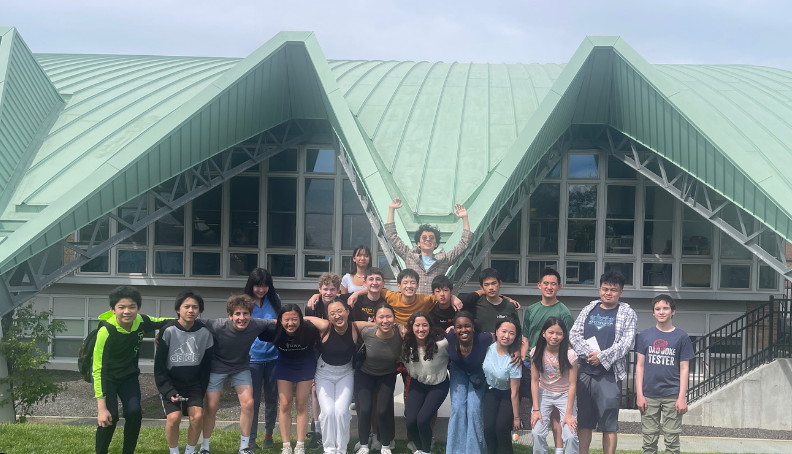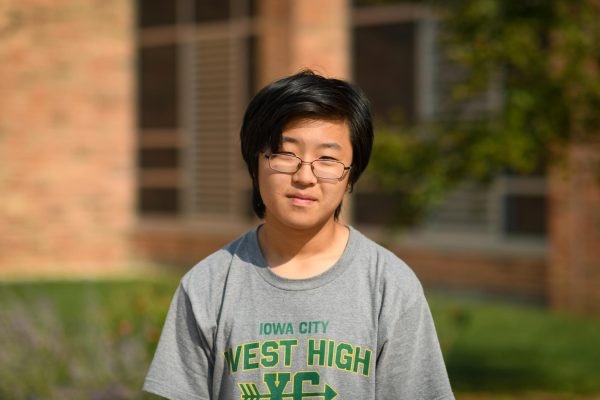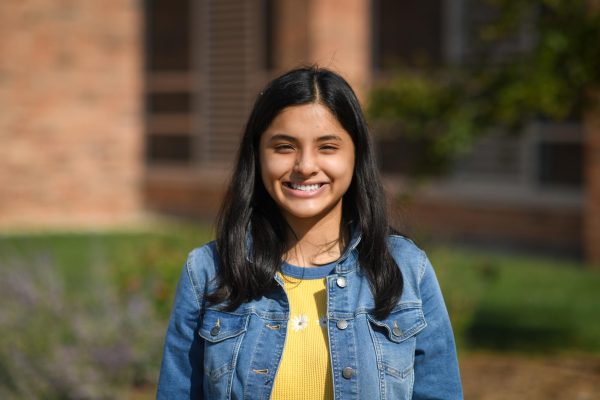If you’ve heard of Model UN, you’re probably familiar with the “Never Have I Ever” scene where Devi threatens nuclear war at a conference. However, Model UN is more than threatening World War III and disputing with other nations. It is a place where anyone can develop quicker communication skills, stronger thinking patterns and education on real-world issues.
Senior Jinann Abudagga learned this after finding interest in the club from the encouragement of her history teachers—further motivated by seeing her friends in the club.
“[My American Studies teacher] in ninth grade gave me a little slip of paper [talking] about the first Model UN meeting and I decided to show up. I saw a lot of my friends were gonna do it, so I decided I would do it too,” Abudagga said.
After hearing about Model UN from his AP Human Geography teacher, Casandro Chan ’25 was initially unconvinced. However, his friends sparked his curiosity about the club by sharing all the activities and events involved in participating.
“All the AP Human Geography teachers pitch it to everyone to join Model UN […] but I didn’t really pay that much attention to it because I didn’t want to get involved. But then, you know, it was really with Thomas Gibson ’25 and Sidney Westgard ’25 that I was like, ‘Yeah, I kind of really want to do this,’” Chan said.
Once they became well-established in the Model UN system, they participated in their first debates. The conferences took place in Iowa, where they combined their research to debate as the assigned country they were representing. Jay Sainsbury ’25 enjoyed debating topics like cybersecurity and authoritarianism.
“I’ve been on the Political Security team every year, and so we always talk about cybersecurity. But I think my favorite year was the first year where I was Sudan and we had to argue for authoritarianism,” Sainsbury said.
Many individuals have expressed anxiety about public speaking but now view it as essential for improvement. Josie Schwartz ’25 reflects on their first debate experience, reminiscing their journey from someone who would shake when called upon to being elected as the president of Model UN, humorously referred to as their ‘dictator’.
“Sudan [was my first debate and] I was so scared. But it [really] helps you develop your skills [in] public speaking, to the point where I won an award last year for my public speaking,” Schwartz said.
Model UN conferences and their preparation are valuable for developing and improving new skills like public speaking and political knowledge. Seniors agree that these crafts enhance their understanding.
“Knowing how policies went through it kind of indirectly helped me understand how laws are passed,” Chan said.
“My freshman [and] sophomore year, I’d go up to the stand to speak about my resolutions, and I’d be shaking and not be able to do it. But my junior year, I was able to go up [and] speak confidently, and I was able to win the outstanding delegate award at last year’s conference,” Abudagga said.
Being a senior in a club can typically lead to more experience, and from that, each of the seniors has their highs and lows when it comes to what they’ve done in previous years on Model UN.
“Sudan’s government had been taken over by an authoritarian regime. So I had to defend authoritarianism, which was definitely very difficult for me to do, but also gave me a lot of good insight on how to do really objective research and how to make the statistics work for you,” Schwartz said.
Joining a club means seeing friends and new people, and many of the seniors have gained new friendships they still hold close from the experience of heated debates, and the combined effort for them.
“A lot of the people who started my freshman year and continue to do it. We’ve all gotten really, really close […] we’re all just so used to each other,” Schwartz said.
“My best friends I’ve made go to other schools […] My friend Finn goes to Dubuque, and I keep talking to him. He’s been really amazing. [I met] my friend Liz through debate,” Schwartz said.
Above all else, Model UN is just as important as any other extracurricular. It educates communication and quick thinking abilities and provides more expertise in political matters outside the nation.
“I think the main idea of it [is] learning about what’s going on in the world is important. I feel you could go about it in other ways, but I feel this is the most fun and engaging way to learn about what’s going on in the world today that you would otherwise not pay attention to,” Chan said.
When seniors were asked whether they encouraged others to join Model UN, there were only positive responses.
“It’s a part of my year I look forward to every year. Model UN has got to be one of my favorite things I’ve done at West,” Sainsbury said. “It’s allowed me so many opportunities and given me so many chances to meet new people and talk to people I wouldn’t have talked to before. It’s put me in a great spot socially, but also intellectually [by] caring about and learning about important issues going on in the world.”




